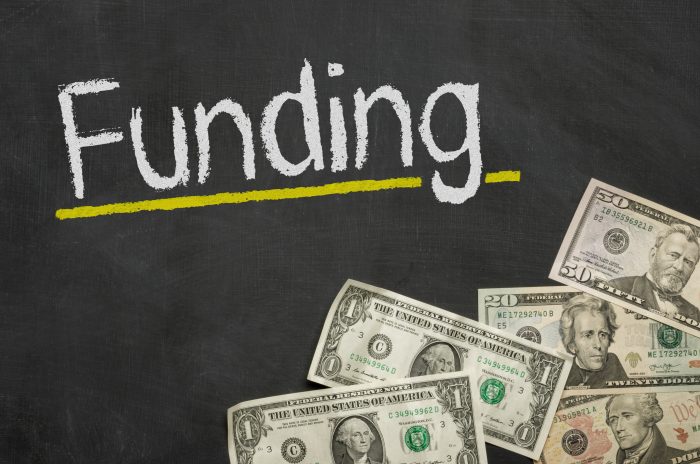OMHSAS Telehealth Funding Opportunity to Be Released on February 1
Senior Executive 2023 DEI Calendar Now Available
988/Crisis Regulations Work Group Meeting Scheduled for Monday, February 6, 2023
The RCPA 988/Crisis Regulations Work Group meeting has been rescheduled to Monday, February 6, 2023, at 3:00 pm. The group was originally slated to meet on March 23, 2023, but there was a request from the Office of Mental Health and Substance Abuse Services (OMHSAS) to meet with our members to review several important crisis system updates as well as information regarding a small provider work group to collaborate with OHMSAS for a specific project around mobile crisis.
In addition to the OMHSAS updates, we will revisit the activities of the work group to date, prepare for the OMHSAS section of the call, and map out a strategic agenda in preparation for the release of the crisis regulations.
Register for the meeting here. If you have any questions, please contact RCPA Policy Director Jim Sharp.
$7.2 Million Grant to Help Provide Mental Health Services to Montgomery County Students
This highly competitive Project AWARE grant, for which the intermediate unit will receive $1.8 million a year for four years, has only been awarded to approximately 20 entities across the United States.
Project AWARE is a nationwide grant created to develop a sustainable infrastructure for school-based mental health programs and services. The intermediate unit provides programs and services to Montgomery County school districts, career and technical schools, non-public schools and other organizations. Through its direct service to students, especially those most at risk, the intermediate unit has been able to identify ways to assist students and their families to navigate mental health supports and services.
“This grant award is a major recognition for the MCIU and reflects all the hard work and accomplishments of our MCIU employees in supporting students and families across the region,” Executive Director Regina Speaker said in a press release issued by the Intermediate Unit. “We appreciate the support of Senator Robert Casey and Congresswoman Madeleine Dean and many other partners, including the Pennsylvania Department of Education, for this grant project.”
The grant project will: expand suicide awareness training opportunities for students(K-12), implement a universal mental health screener to be utilized by school district or nonpublic school staff members and create an electronic data system to connect school mental health practitioners (e.g. psychologists, social workers and counselors) with community-based mental health providers that have immediate availability to support students in all levels of care (outpatient therapy to inpatient psychiatric care).
The MCIU is partnering with two other intermediate units on this project — Luzerne and Carbon-Lehigh County Intermediate Units — to proactively address students’ mental health needs.
RCPA recommends members in the Montgomery County region engage with the Montgomery County Intermediate Unit and local school districts for planning and discussions on how your continuum of services may benefit student mental health in the schools.
If you have further questions, please contact RCPA Children’s Mental Health Director Jim Sharp.
The 2023 Pennsylvania Government Relations Power 100: RCPA Members UPMC and Woods Services Listed

RCPA ICWC/CCBHC Meeting Highlights
Former DDAP Secretary Named OMHSAS Deputy Secretary
Former Department of Drug and Alcohol Programs (DDAP) Secretary Jennifer Smith has been named Deputy Secretary for the Office of Mental Health and Substance Abuse Services (OMHSAS). As DDAP Secretary, Smith led DDAP’s efforts to fulfill its mission of engaging and coordinating the commonwealth’s efforts to prevent and reduce substance use disorder and problem gambling and to promote recovery. Smith was integral in the formation and implementation of Pennsylvania’s first licensure program for recovery houses as well as leading Pennsylvania’s treatment system transition away from the Pennsylvania Client Placement Criteria to ASAM Criteria.
Dr. Dale Adair, who has served as Acting Deputy Secretary for OMHSAS, will continue to serve as the Chief Psychiatric Officer for OMHSAS.

















